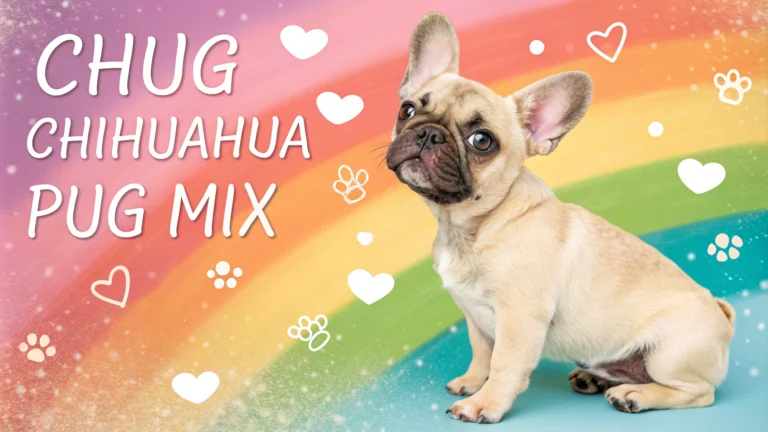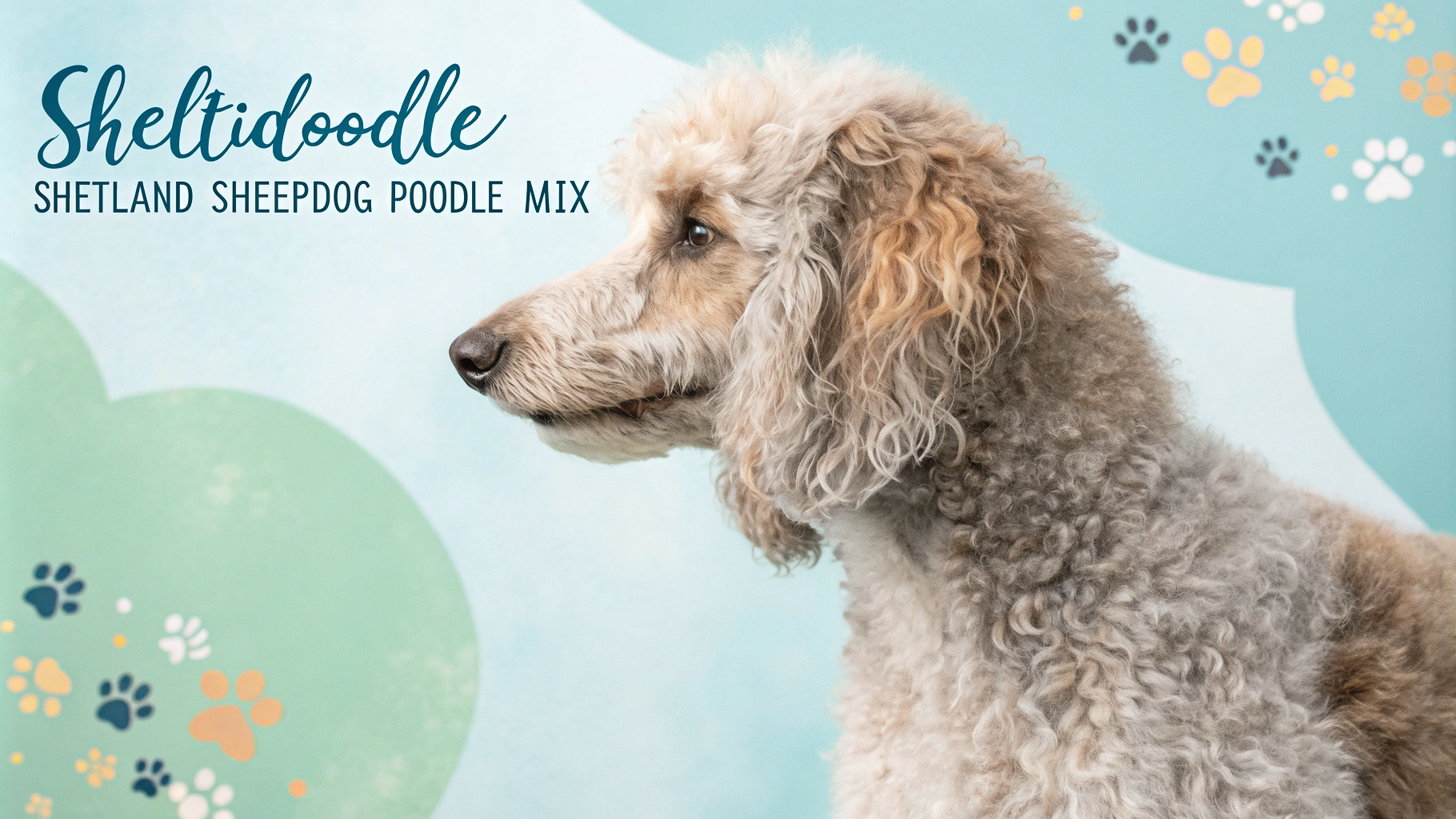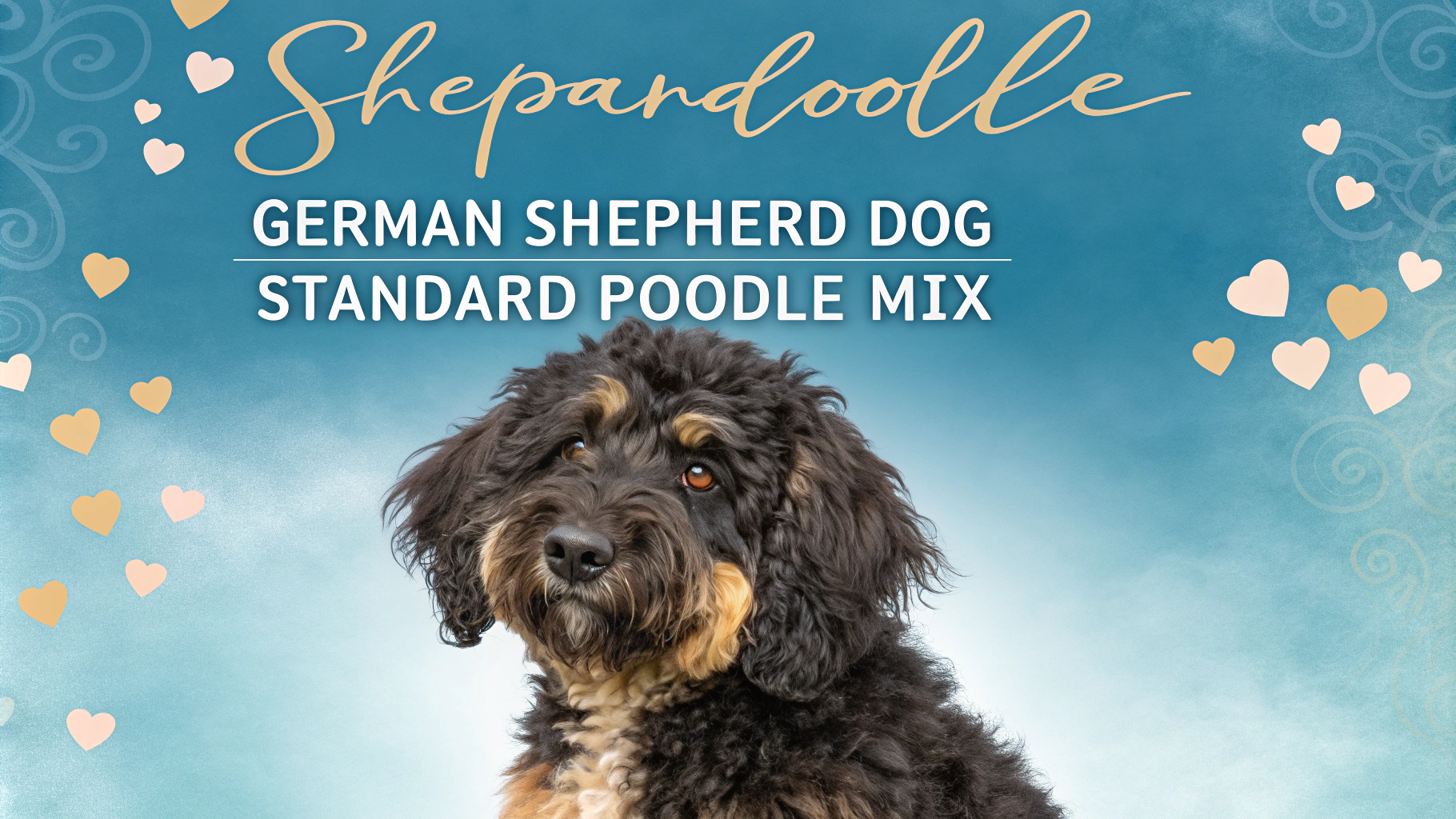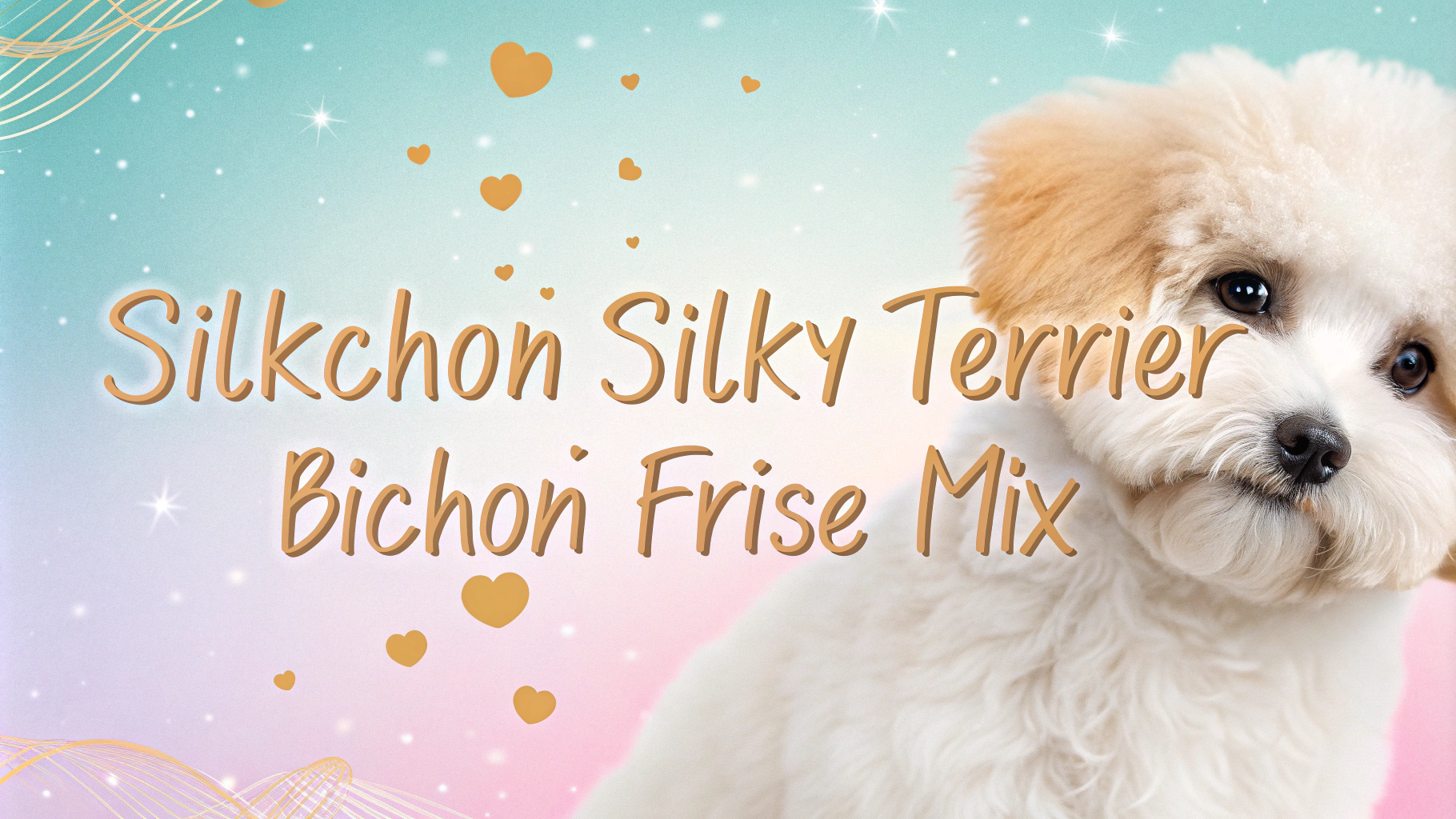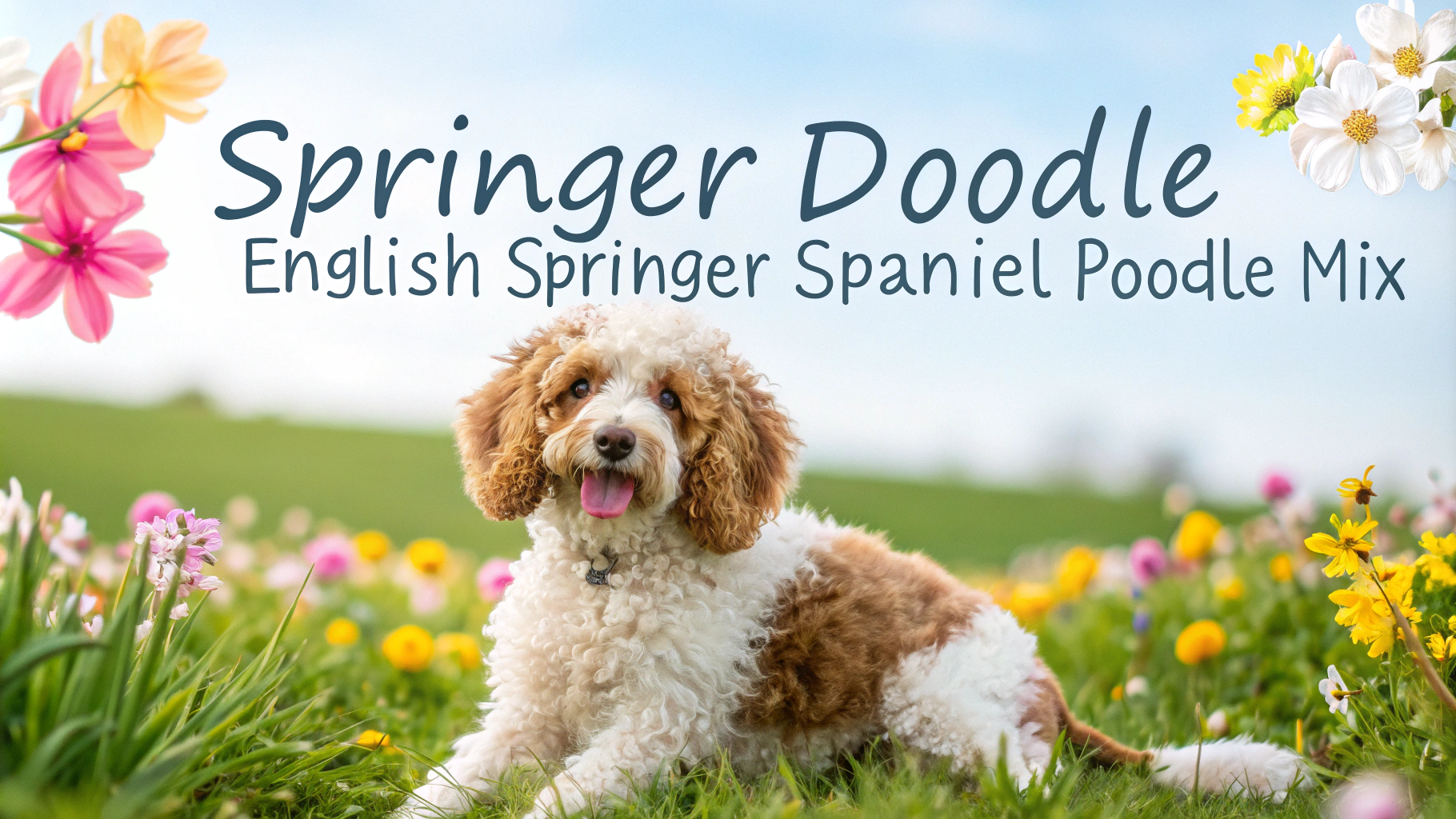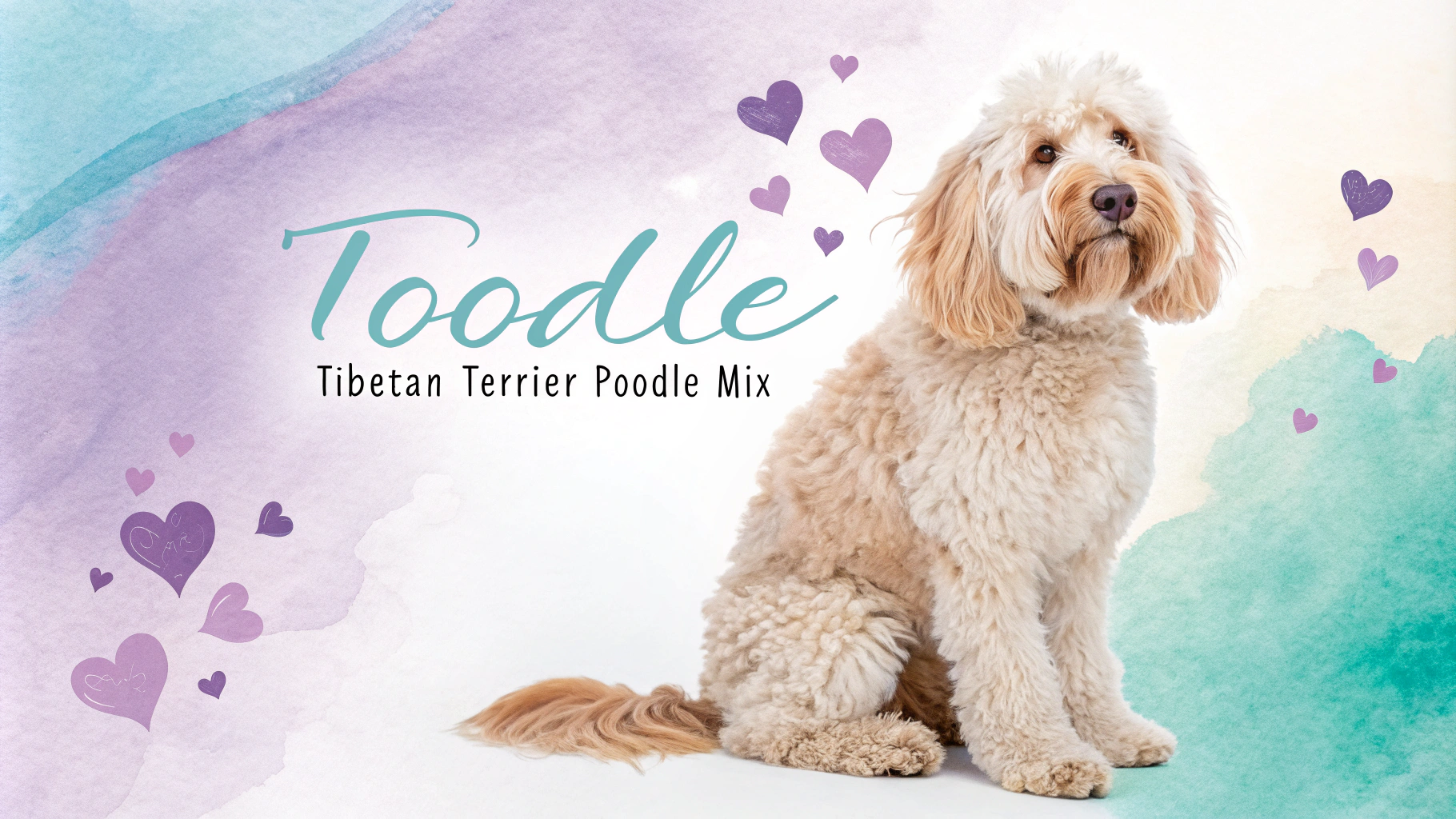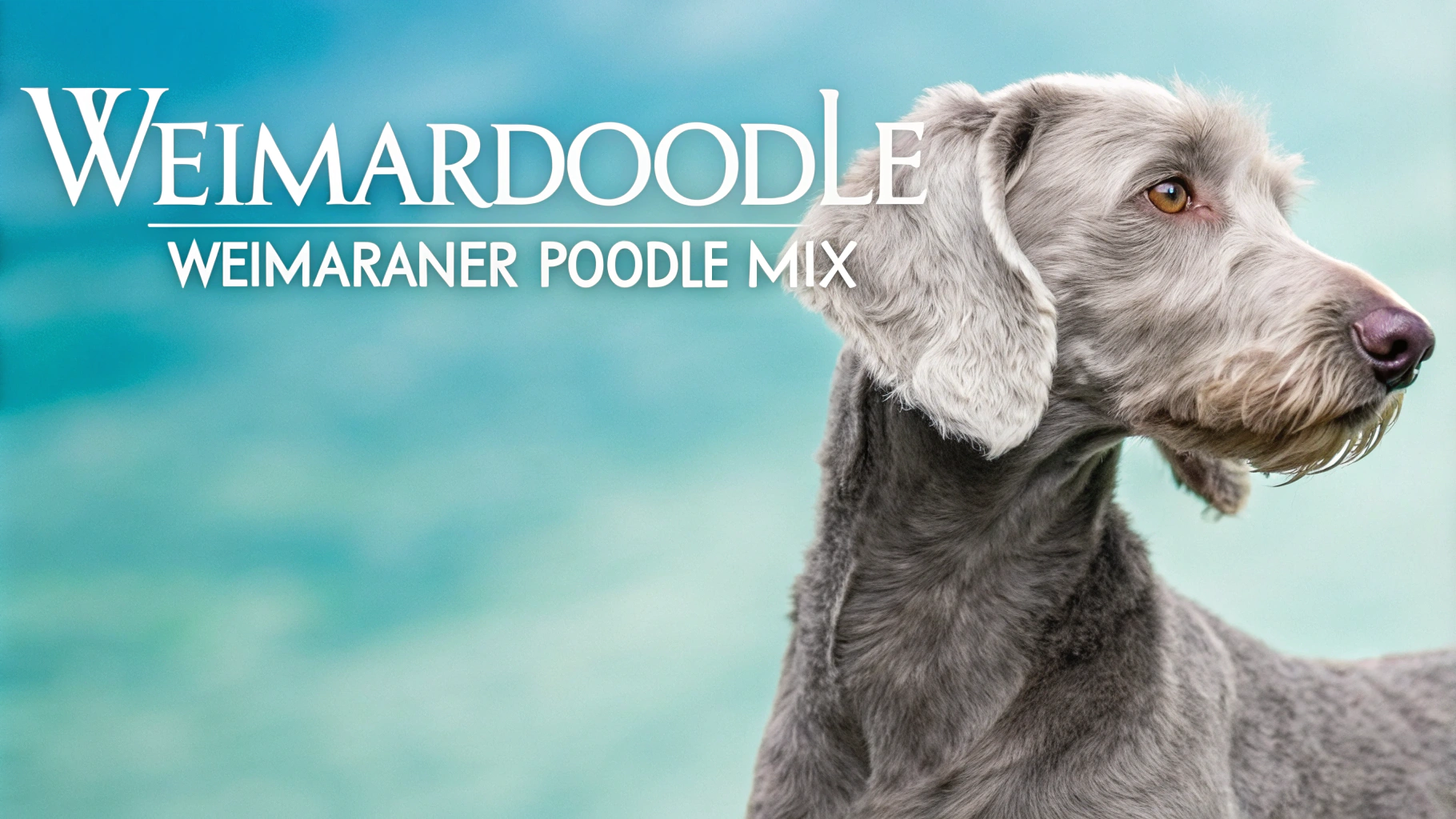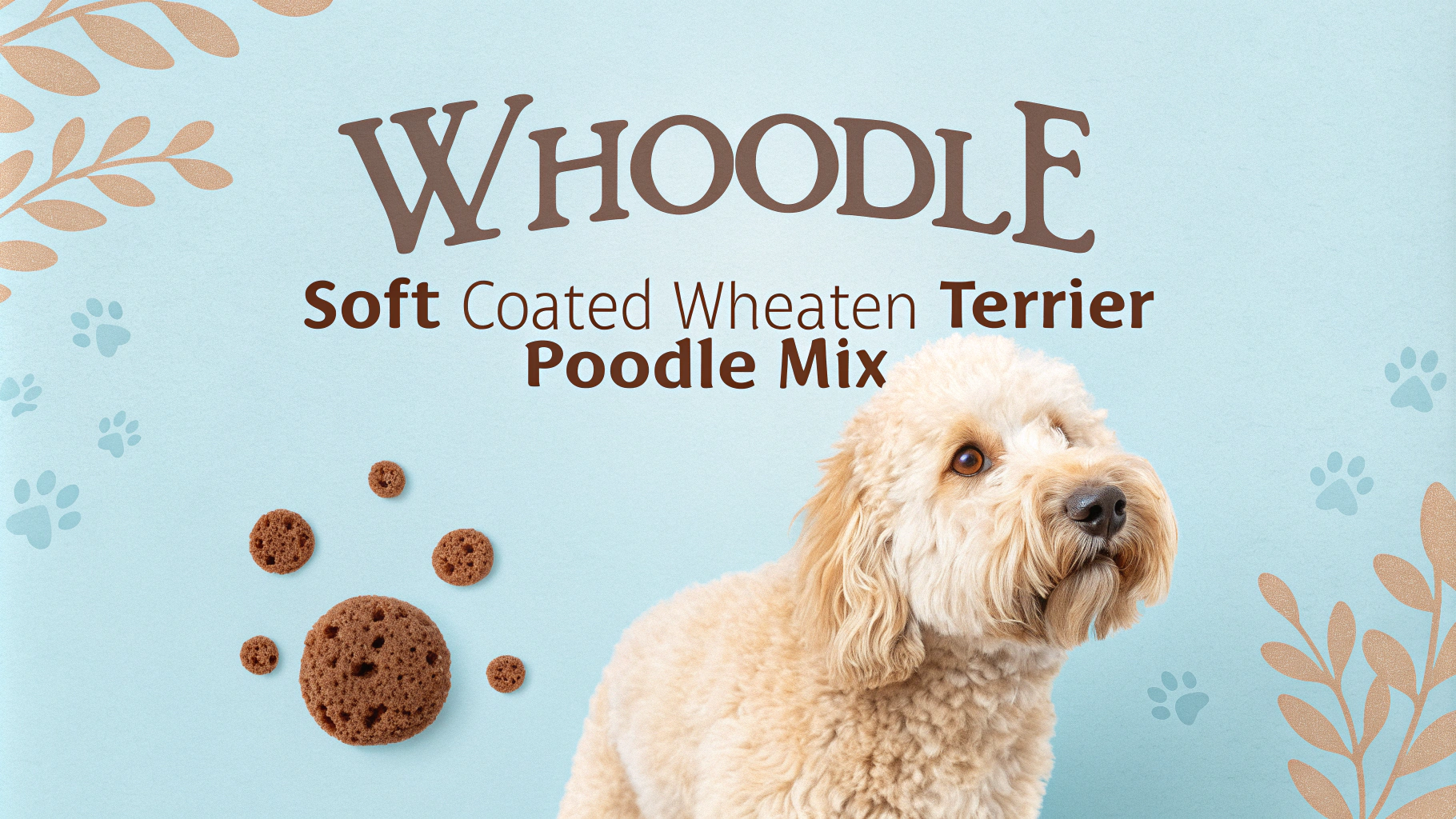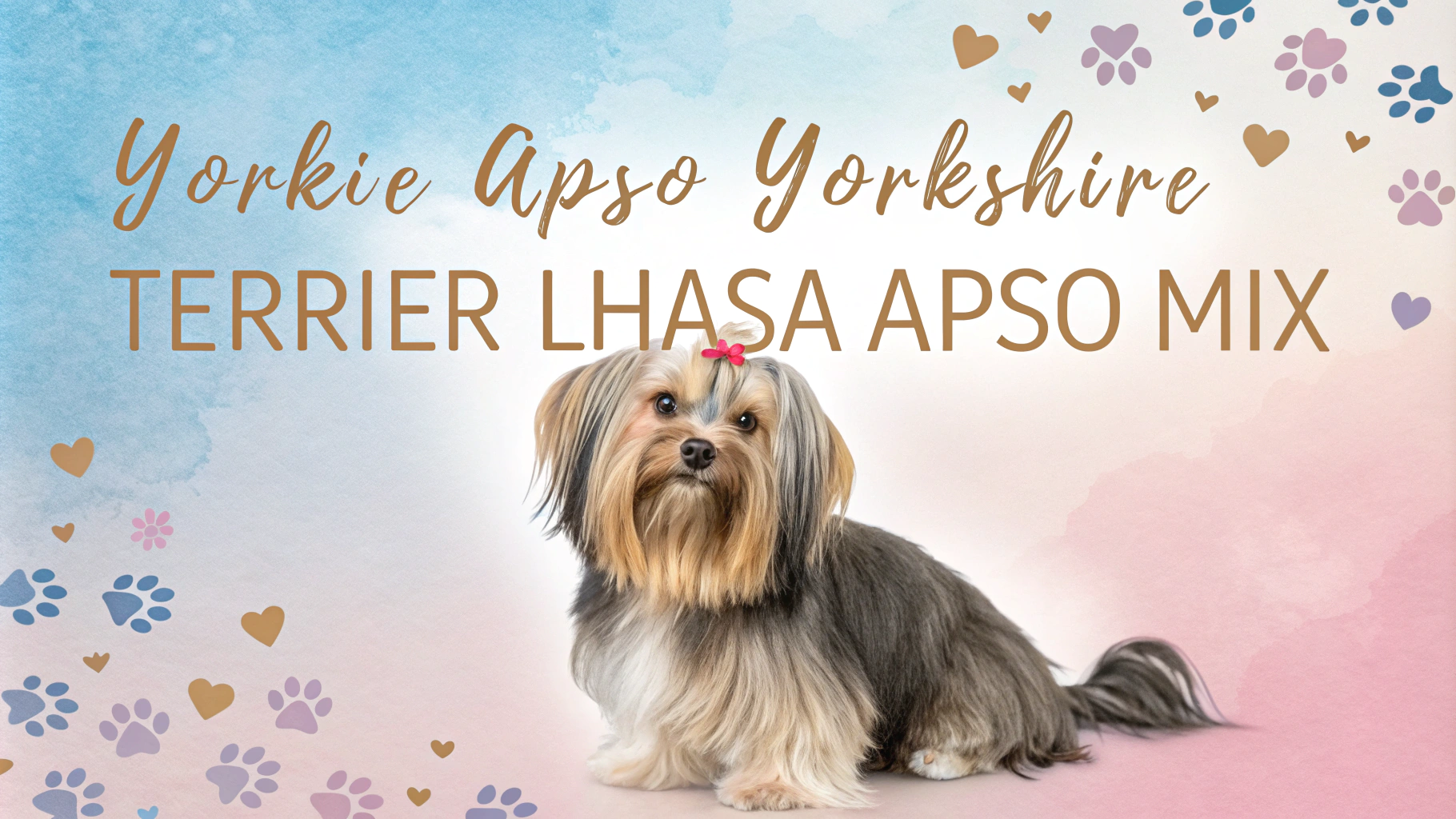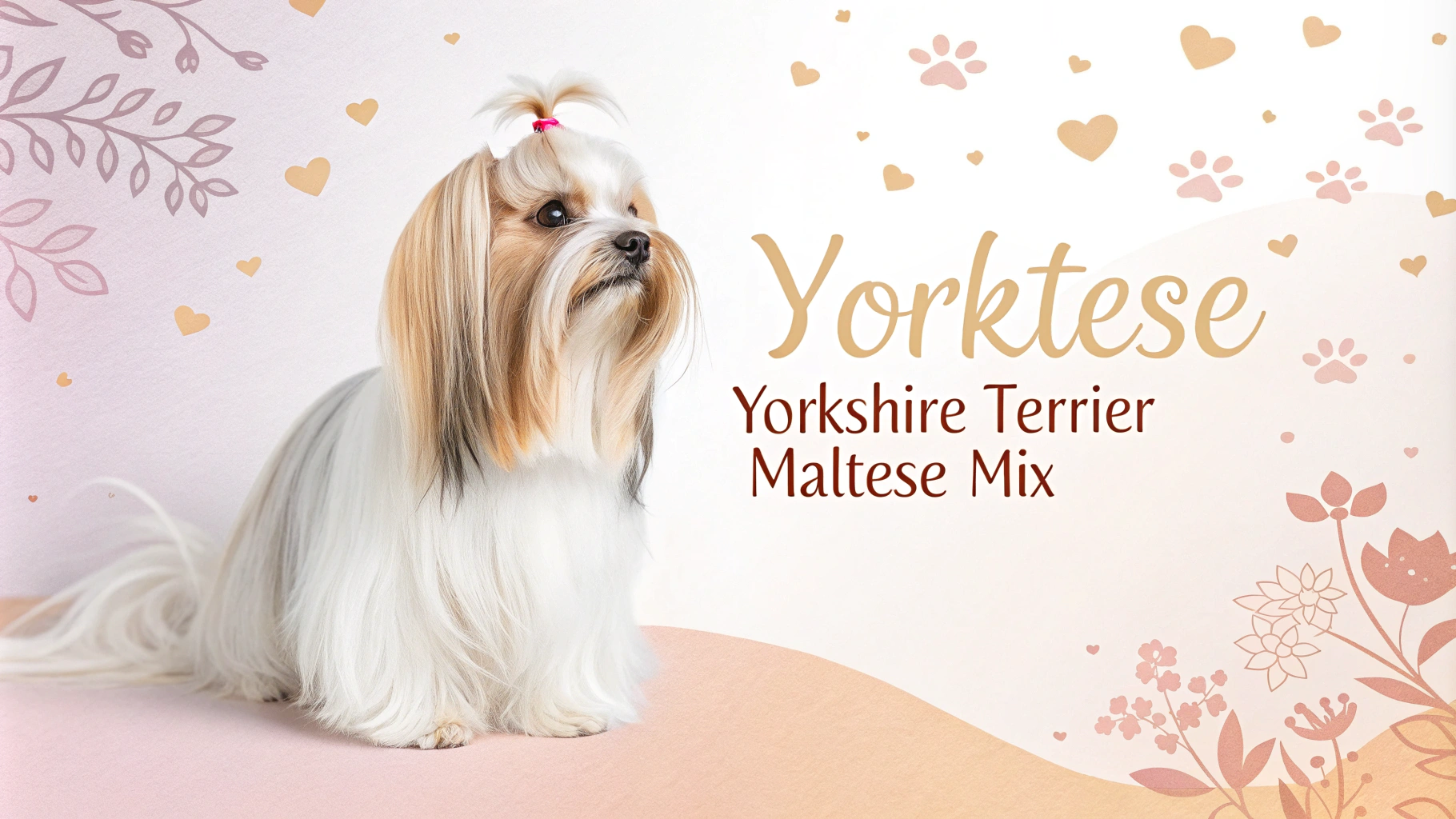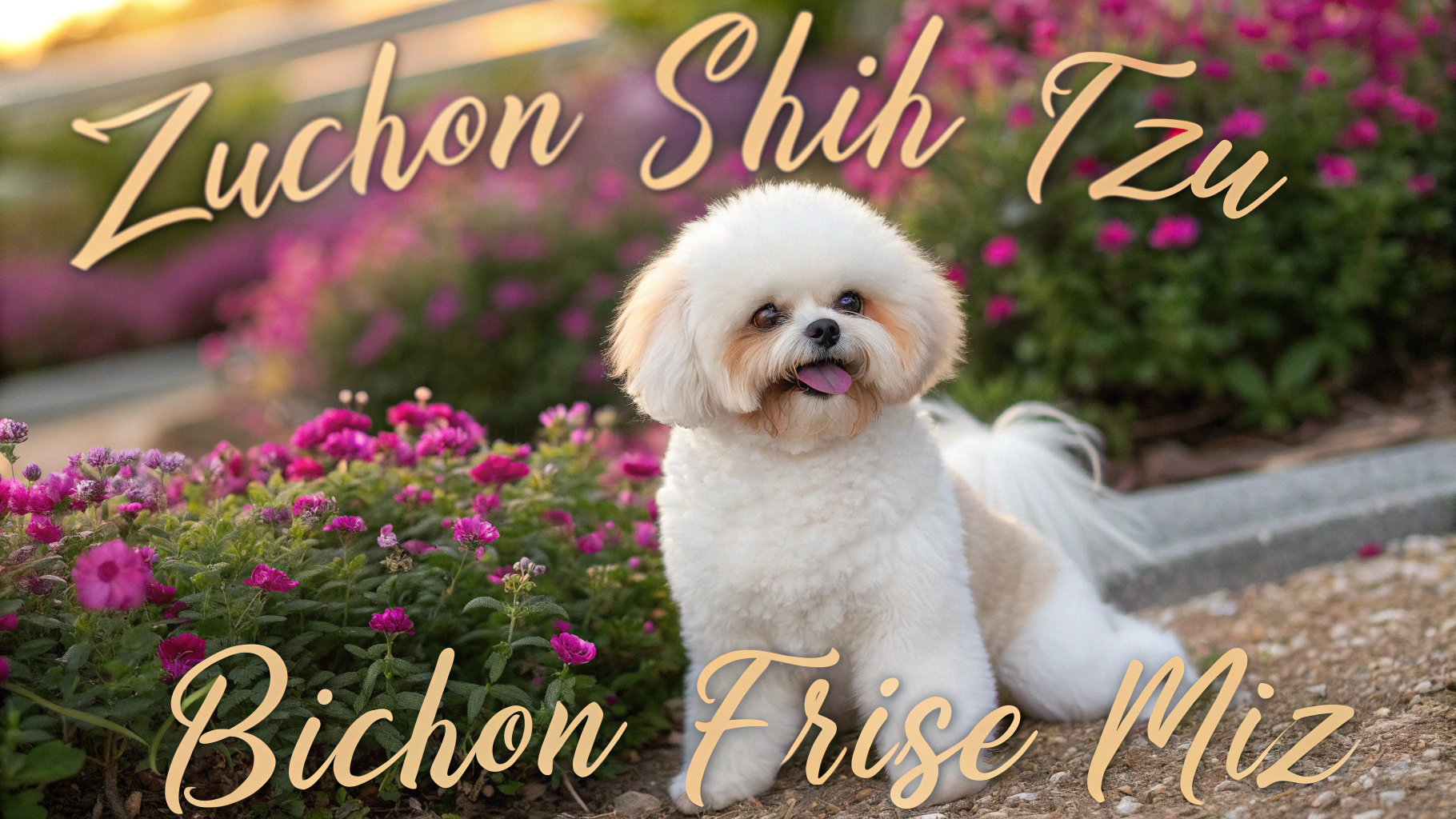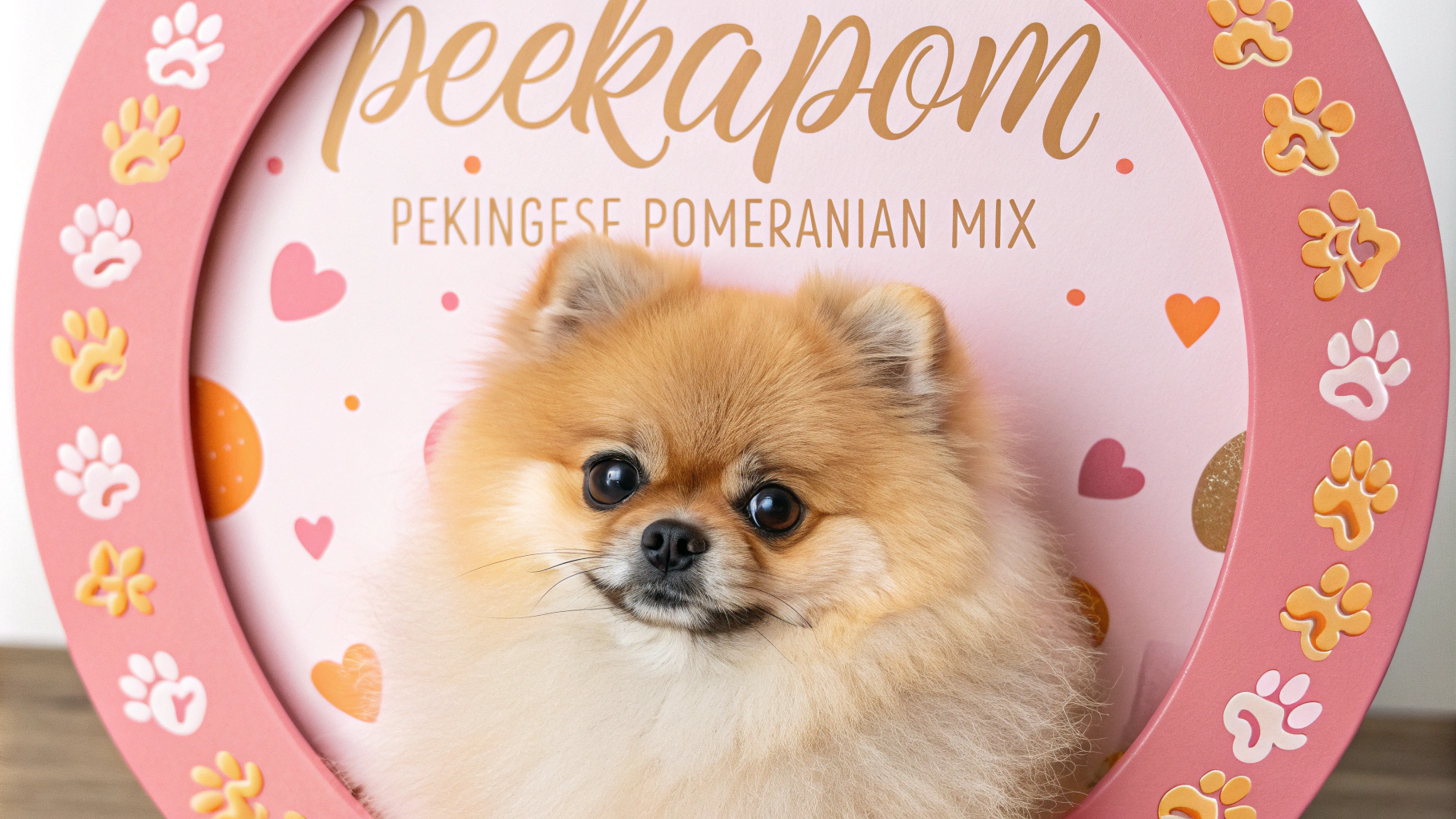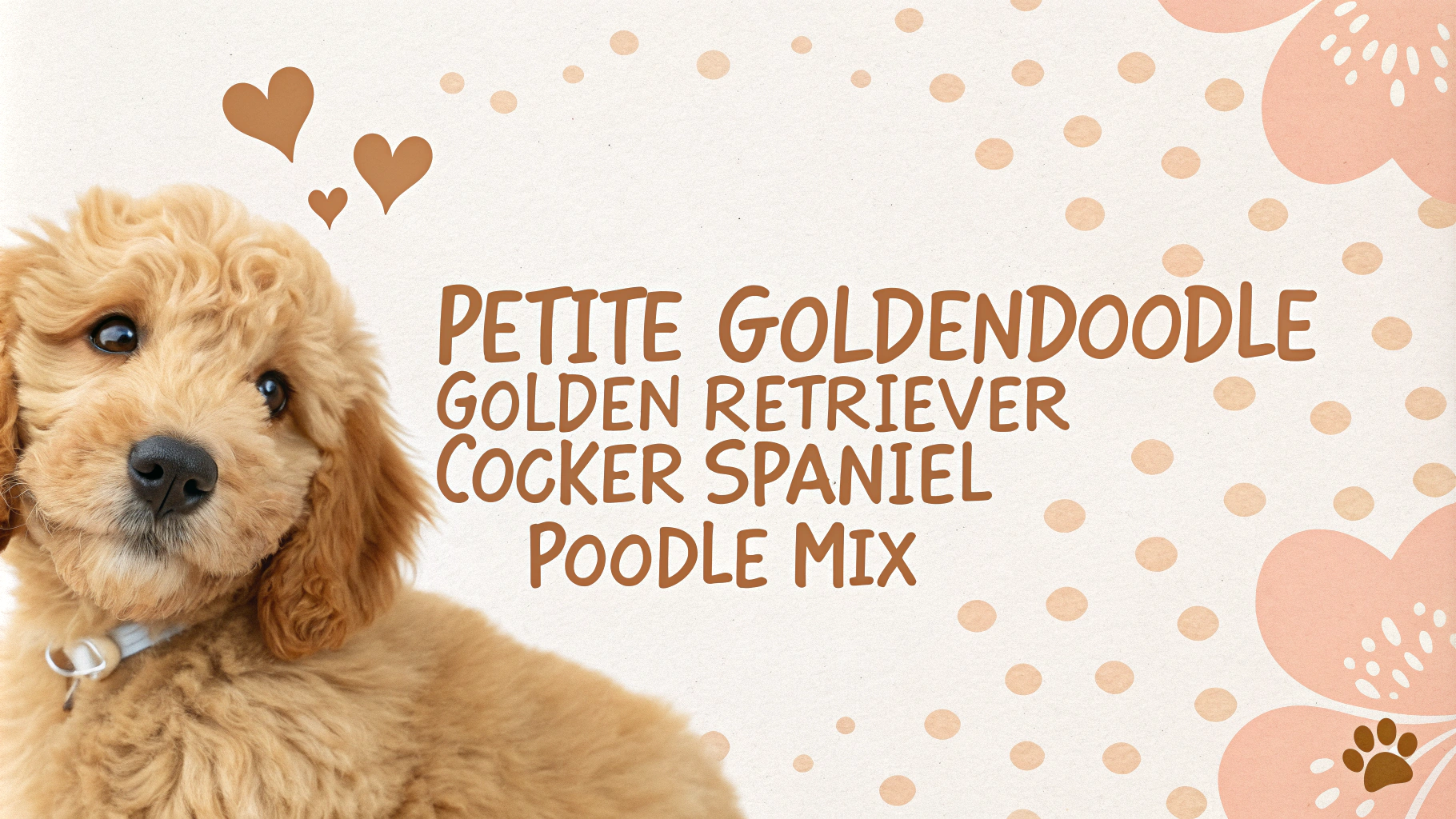The Chug is a delightful designer dog breed that combines the spunky Chihuahua with the charming Pug. This small hybrid dog inherits traits from both parent breeds, resulting in a companion that is affectionate, playful, and full of personality. Chugs are known for their adorable appearance, featuring a compact body, expressive eyes, and a wrinkled face reminiscent of their Pug lineage. These dogs have gained popularity among apartment dwellers and small-space pet owners due to their manageable size and adaptable nature.
Key Facts
- Size: Small (6-12 inches tall, 10-20 pounds)
- Lifespan: 10-13 years
- Coat: Short to medium length, can be smooth or slightly rough
- Colors: Variety of colors including fawn, black, brown, white, or a mix
- Energy Level: Moderate
- Temperament: Affectionate, loyal, and sometimes stubborn
- Good with Children: Yes, but better with older children due to small size
- Good with Other Pets: Generally yes, with proper socialization
- Barking Tendency: Moderate to high
- Shedding: Low to moderate
Character Traits
Chugs inherit a blend of personality traits from their Chihuahua and Pug parents, resulting in a unique and often unpredictable temperament. These small dogs are typically affectionate and loyal to their owners, often forming strong bonds with one particular family member. They can be playful and energetic, enjoying short bursts of activity followed by periods of relaxation. Chugs are known for their confident and sometimes stubborn nature, which can make training a bit challenging at times. They often display a protective instinct, which can lead to excessive barking if not properly managed. Despite their small size, Chugs can be brave and fearless, sometimes not realizing their own limitations. They generally get along well with other pets and children, but early socialization is important to ensure they develop good manners. Chugs can also inherit the Pug’s tendency to be clownish and entertaining, often amusing their owners with their antics. However, they may also display the Chihuahua’s tendency to be wary of strangers, which can make them excellent little watchdogs. Overall, the Chug’s personality is a delightful mix of affectionate companion and spunky little character.
History & Origins
The Chug is a relatively new designer dog breed, likely originating in the United States sometime in the late 20th or early 21st century. As with many hybrid breeds, the exact origins of the Chug are not well-documented. The breed was created by intentionally crossing Chihuahuas with Pugs, aiming to combine the desirable traits of both parent breeds. The Chihuahua, named after the Mexican state of Chihuahua, is an ancient breed with a history dating back to pre-Columbian times. Pugs, on the other hand, originated in China over 2,000 years ago and were prized by Chinese emperors. The Chug was likely developed to create a small companion dog that would inherit the Chihuahua’s alertness and the Pug’s affectionate nature. While not recognized by major kennel clubs as a standardized breed, Chugs have gained popularity among dog enthusiasts looking for a unique, small-sized pet with a big personality. The breed continues to evolve, with breeders working to establish more consistent traits and characteristics.
Health Concerns
Chugs, like many mixed breeds, can inherit health issues from both parent breeds. Common health concerns include:
- Brachycephalic Syndrome: Due to their flat faces, Chugs may experience breathing difficulties, especially in hot weather or during intense exercise.
- Eye Problems: Prone to eye issues such as corneal ulcers, dry eye, and eye infections due to their protruding eyes.
- Patellar Luxation: A condition where the kneecap dislocates, which is common in small breeds.
- Dental Issues: Their small mouths can lead to overcrowding of teeth, increasing the risk of dental problems.
- Obesity: Chugs can easily become overweight, which can exacerbate other health issues.
Regular veterinary check-ups, dental care, and maintaining a healthy weight are crucial for Chugs. It’s also important to monitor their breathing, especially during physical activity or in warm weather.
Exercise Needs
Chugs have moderate exercise needs, balancing the energetic nature of Chihuahuas with the more laid-back temperament of Pugs. A typical exercise routine for a Chug might include:
- Daily Walks: 20-30 minutes of walking, split into two sessions if possible.
- Playtime: Short bursts of play throughout the day, such as fetch or tug-of-war.
- Mental Stimulation: Puzzle toys and training sessions to keep their minds active.
It’s important to note that Chugs can be prone to overheating due to their brachycephalic features. Exercise should be moderated in hot weather, and owners should watch for signs of respiratory distress. Indoor play can be a good alternative during extreme weather conditions.
Space Requirements
Chugs are well-suited to various living situations due to their small size. They can thrive in:
- Apartments: Their compact size makes them excellent apartment dogs.
- Houses: They enjoy having a small yard but don’t require extensive outdoor space.
- Urban or Rural Settings: Adaptable to different environments as long as they receive adequate exercise and attention.
While Chugs don’t need a lot of space, they do require a safe, comfortable area for rest and play. They should have a cozy bed, access to fresh water, and toys for entertainment. It’s important to ensure the living space is temperature-controlled, as Chugs can be sensitive to extreme heat or cold due to their short snouts.
Nutrition & Feeding
Proper nutrition is crucial for maintaining the health of Chugs. Here are some key points to consider:
- Calorie Intake: Chugs typically require 40-50 calories per pound of body weight daily, depending on their activity level and metabolism.
- Meal Frequency: 2-3 small meals per day are recommended to help prevent bloating and maintain stable blood sugar levels.
- Food Type: High-quality dry kibble formulated for small breeds is often suitable. Wet food can be mixed in for added moisture and palatability.
- Special Considerations: Due to their prone to obesity, portion control is essential. Low-fat diets may be recommended for less active or older Chugs.
Always consult with a veterinarian to determine the best diet for your individual Chug, as nutritional needs can vary based on age, weight, and health status. Fresh water should be available at all times, and treats should be given in moderation, not exceeding 10% of their daily caloric intake.
Grooming Tips
Chugs typically have short, smooth coats that are relatively easy to maintain. However, they may inherit the Pug’s tendency to shed, requiring regular brushing to manage loose hair. Here are some key grooming tips for Chugs:
- Brushing: Brush your Chug’s coat 2-3 times a week using a soft-bristled brush or a rubber grooming mitt to remove loose hair and distribute skin oils.
- Bathing: Bathe your Chug every 4-6 weeks or as needed, using a mild dog shampoo to avoid skin irritation.
- Facial care: Clean the facial wrinkles (if present) daily with a damp cloth to prevent infection and irritation.
- Nail trimming: Trim nails regularly, usually every 2-3 weeks, to prevent overgrowth and discomfort.
- Dental hygiene: Brush teeth 2-3 times a week to maintain good oral health and prevent dental issues.
- Eye care: Wipe around the eyes daily with a soft, damp cloth to remove any discharge and prevent tear staining.
Regular grooming sessions also provide an opportunity to check for any skin issues, lumps, or abnormalities. If you notice any concerns, consult with your veterinarian promptly.
Training Approach
Training a Chug requires patience, consistency, and positive reinforcement techniques. These intelligent and sometimes stubborn dogs respond best to reward-based training methods. Here are some key points to consider when training a Chug:
- Early socialization: Expose your Chug to various people, animals, and environments from a young age to prevent fearfulness or aggression.
- Positive reinforcement: Use treats, praise, and toys to reward good behavior and encourage desired actions.
- Short training sessions: Keep training sessions brief (5-10 minutes) and frequent to maintain your Chug’s attention and prevent boredom.
- Consistency: Establish clear rules and boundaries, and ensure all family members enforce them consistently.
- Patience: Chugs can be stubborn, so remain patient and persistent in your training efforts.
- Basic obedience: Focus on teaching essential commands like sit, stay, come, and leash walking.
- Housetraining: Be diligent with housetraining, as small breeds can be challenging to housetrain. Use a consistent routine and positive reinforcement.
Remember that Chugs may inherit the Chihuahua’s tendency to be wary of strangers or the Pug’s playful nature. Tailor your training approach to your individual dog’s personality and needs. Professional training classes or working with a certified dog trainer can be beneficial, especially for first-time dog owners.
